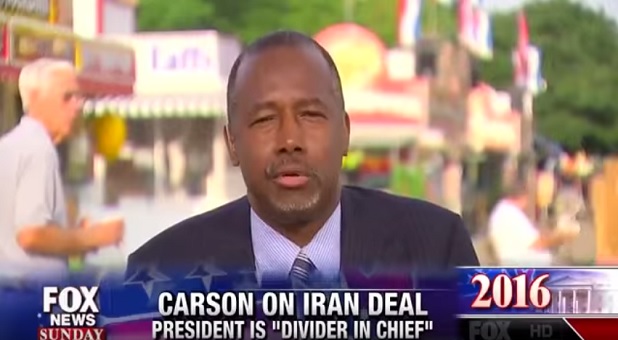How Minimum Wage Laws Hurt Black Workers — And Why Ben Carson Is Right
In Tuesday night’s GOP presidential candidate debate, Dr. Ben Carson was asked if he would raise the federal minimum wage. Carson said that he would not do so because the minimum wage hurts workers, especially those in the black community:
People need to be educated on the minimum wage. Every time we raise the minimum wage, the number of jobless people increases. This is particularly a problem in the black community. Only 19.8 percent of black teenagers have a job. Or are looking for one. And that’s because of those high wages. If you lower those wages, that comes down.
While many people will be hearing this claim for the first time, it’s nothing new. In their 1979 book Free to Choose, economist Milton Friedman and his wife Rose wrote, “We regard the minimum wage law as one of the most, if not the most, anti-black laws on the statute books.”
That’s not hyperbole—it’s history. Many of the early minimum wage laws, both in the U.S. and in other Western countries, were instituted precisely to prevent immigrants and black Americans from competing with white workers. As Thomas C. Leonard explains, progressive economists in the early 1900s believed that “the job loss induced by minimum wages was a social benefit, as it performed the eugenic service ridding the labor force of the ‘unemployable.'”
That was also the motive of many lawmakers who passed one of the first federal minimum wage laws, the Davis-Bacon Act.
As David E. Bernstein notes, in the South in 1930 the construction industry provided blacks with more jobs than any industry except agriculture and domestic service. In the North they composed a proportion of the northern urban construction work force that approximated the black proportion of the total northern urban population. Their dominance in the construction industry caused a rift with many white workers who were competing for the same jobs.
In 1930, Representative John J. Cochran of Missouri stated that he had “received numerous complaints in recent months about southern contractors employing low-paid colored mechanics getting work and bringing the employees from the South.” Representative Clayton Allgood, supporting Davis-Bacon on the floor of the House, complained of “cheap colored labor” that “is in competition with white labor throughout the country.”
Davis-Bacon became law on March 31, 1931, just as the federal government was “embarking on an ambitious public works program that would soon account for half of all money spent on construction work in the country, says Bernstein.” Because of Davis-Bacon, he adds, “almost all federal construction jobs flowing from this spending spree went to whites.” Bernstein points out that the effects are still with us today:
Passed at the beginning of the Depression at the instigation of the labor union movement, Davis-Bacon was designed explicitly to keep black construction workers from working on Depression-era public works projects. The act continues today to restrict the opportunities of black workers on federal and federally subsidized projects by favoring disproportionately white, unionized and skilled workers over disproportionately black, non-unionized and unskilled workers.
Similar minimum wage laws hurt other black workers, especially teenagers looking to enter the job market and gain skills.
Employment among African American males between the ages of 16 and 24 is disproportionately responsive to the minimum wage. A ten percent increase in the minimum wage would reduce employment by 2.5 percent for white males between the ages of 16 and 24, 1.2 percent for Hispanic males between the ages of 16 and 24, and 6.5 percent for African American males between the ages of 16 and 24. Economists William Even and David Macpherson estimate that in “the 21 states fully affected by the federal minimum wage increases in 2007, 2008, and 2009,” young African Americans lost more jobs as a result of minimum wage hikes than as a result of the macroeconomic consequences of the recession.
So Carson is right about the detrimental affects of the minimum wage on black workers. And he’s also correct that, “People need to be educated on the minimum wage.” Too many Americans respond emotionally to minimum wage laws, believing that since it feels like the right thing to do, it must obviously be beneficial for the poor. By focusing on “that which is seen” (i.e., increased pay) and ignoring “that which is not seen” (i.e., the increase in unemployment for black workers), they mislead themselves into supporting a policy that hurts many of our most economically vulnerable neighbors.
After nearly a hundred years of harmful effects on the black community, it’s time we face reality and repeal minimum wage laws.




























































